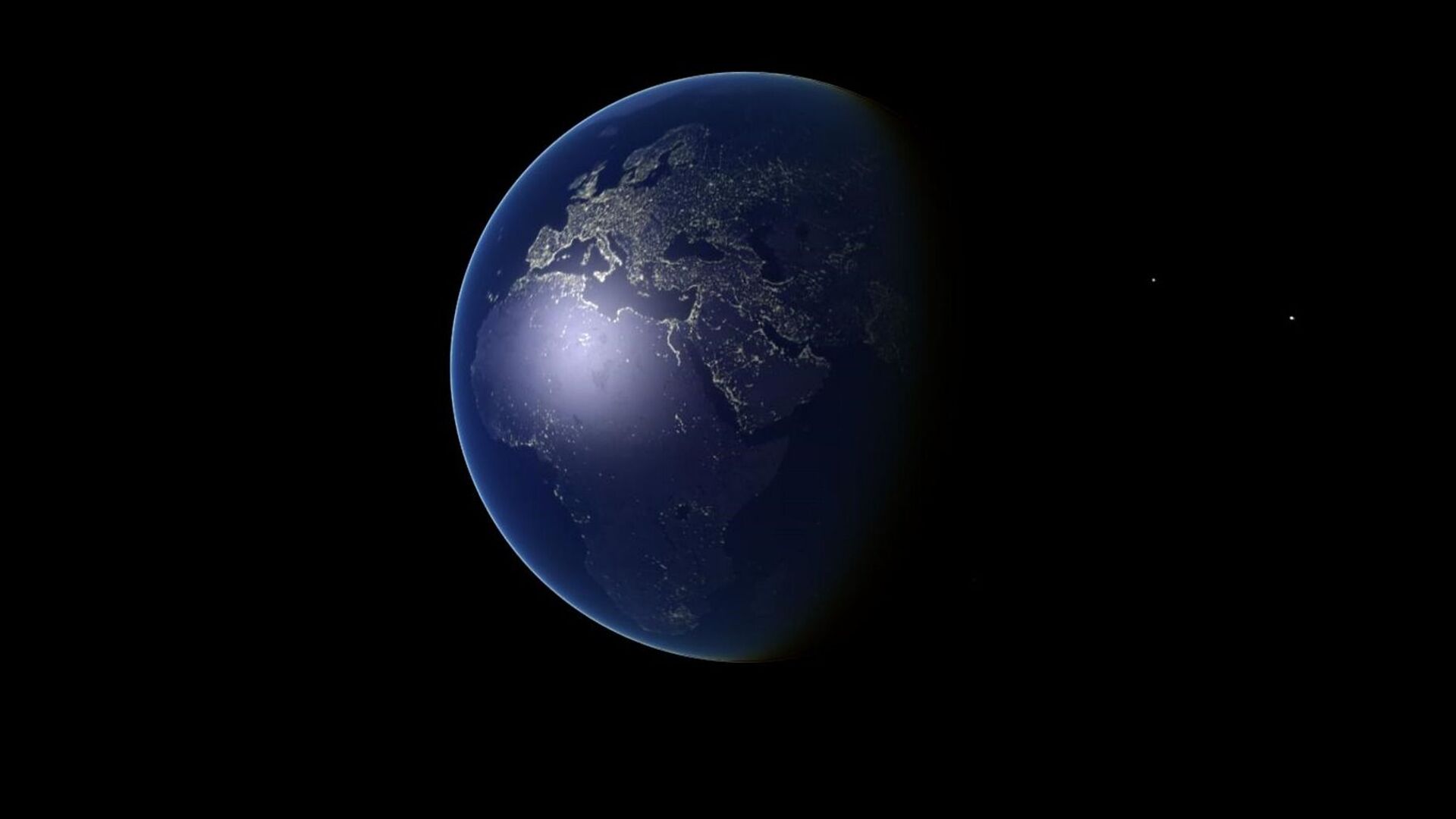https://sputnikglobe.com/20210812/ocean-current-system-that-affects-large-part-of-worlds-climate-on-brink-of-collapse-study-says-1083591586.html
Ocean Current System That Affects ‘Large Part of World’s Climate’ on Brink of Collapse, Study Says
Ocean Current System That Affects ‘Large Part of World’s Climate’ on Brink of Collapse, Study Says
Sputnik International
The study postulates that the current system in question has suffered "an almost complete loss of stability over the last century." 12.08.2021, Sputnik International
2021-08-12T18:54+0000
2021-08-12T18:54+0000
2021-08-12T18:54+0000
science & tech
society
newsfeed
atlantic ocean
climate
collapse
threat
study
https://cdn1.img.sputnikglobe.com/img/07e4/0c/08/1081397710_46:0:1875:1029_1920x0_80_0_0_90d5318f7ddd8fd195e14d0adc347c77.jpg
The ocean current system known as the Atlantic Meridional Overturning Circulation (AMOC), which includes the Gulf Stream, may be on the brink of collapse, Live Science reports citing a new study.The AMOC is “responsible for moderating large parts of the world's climate” as its currents transport water from the tropics to the north while bringing cold water from the north back south.Now, the new study warns that AMOC has suffered "an almost complete loss of stability over the last century."According to the media outlet, the collapse of this system would have a "disastrous impact on global weather systems," with possible consequences including rising sea levels in the Atlantic, "greater cooling and more powerful storms across the Northern Hemisphere," and “severe disruption to the rain that billions of people rely upon to grow crops in Africa, South America and India."The study reportedly seeks to resolve a debate among scientists working on the subject about whether the weakening of the AMOC means its circulation will slow down – "but in a way that humans can reduce through lowering carbon emissions," or if the system is "about to flip to a permanently weaker form that could not be reversed for hundreds of years."
https://sputnikglobe.com/20210809/time-to-hit-the-brakes-urgent-action-needed-to-prevent-runaway-climate-change-says-un-report-1083562700.html
atlantic ocean
Sputnik International
feedback@sputniknews.com
+74956456601
MIA „Rosiya Segodnya“
2021
News
en_EN
Sputnik International
feedback@sputniknews.com
+74956456601
MIA „Rosiya Segodnya“
Sputnik International
feedback@sputniknews.com
+74956456601
MIA „Rosiya Segodnya“
science & tech, society, newsfeed, atlantic ocean, climate, collapse, threat, study
science & tech, society, newsfeed, atlantic ocean, climate, collapse, threat, study
Ocean Current System That Affects ‘Large Part of World’s Climate’ on Brink of Collapse, Study Says
The study postulates that the current system in question has suffered "an almost complete loss of stability over the last century."
The ocean current system known as the Atlantic Meridional Overturning Circulation (AMOC), which includes the Gulf Stream, may be on the brink of collapse, Live Science reports citing a new study.
The AMOC is “responsible for moderating large parts of the world's climate” as its currents transport water from the tropics to the north while bringing cold water from the north back south.
Now, the new study warns that AMOC has suffered "an almost complete loss of stability over the last century."
According to the media outlet, the collapse of this system would have a "disastrous impact on global weather systems," with possible consequences including rising sea levels in the Atlantic, "greater cooling and more powerful storms across the Northern Hemisphere," and “severe disruption to the rain that billions of people rely upon to grow crops in Africa, South America and India."
"The findings support the assessment that the AMOC decline is not just a fluctuation or a linear response to increasing temperatures but likely means the approaching of a critical threshold beyond which the circulation system could collapse," said Niklas Boers, researcher at the Potsdam Institute for Climate Impact Research and author of the study.
The study reportedly seeks to resolve a debate among scientists working on the subject about whether the weakening of the AMOC means its circulation will slow down – "but in a way that humans can reduce through lowering carbon emissions," or if the system is "about to flip to a permanently weaker form that could not be reversed for hundreds of years."
"The difference is crucial," Boers said, arguing that the latter would mean "the AMOC has approached its critical threshold, beyond which a substantial and in practice likely irreversible transition to the weak mode could occur."




